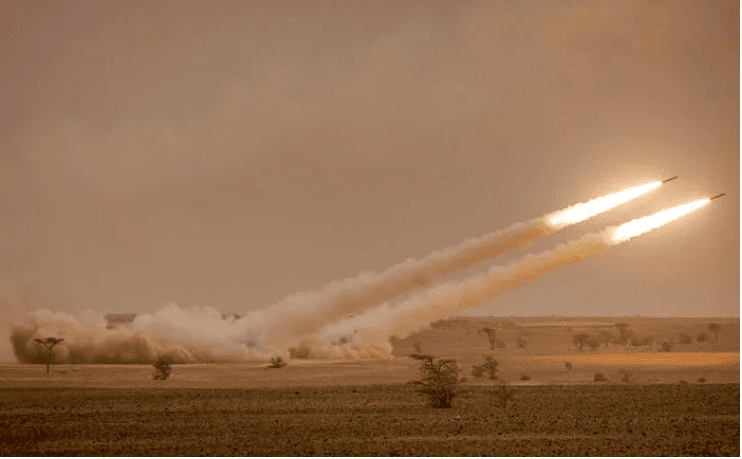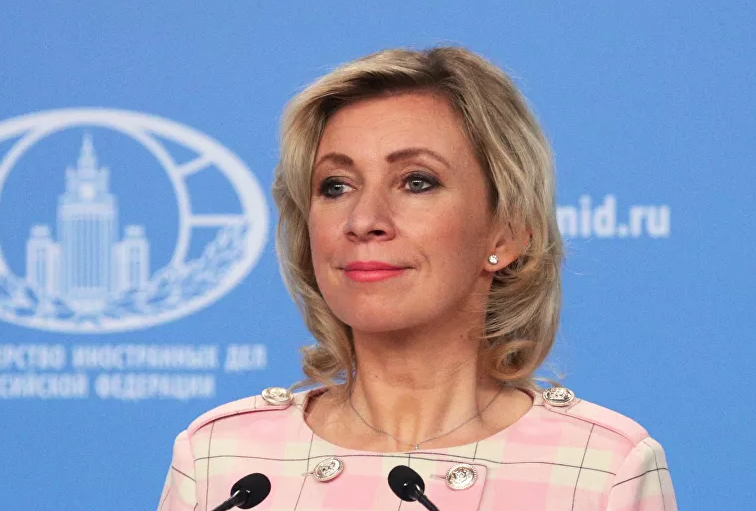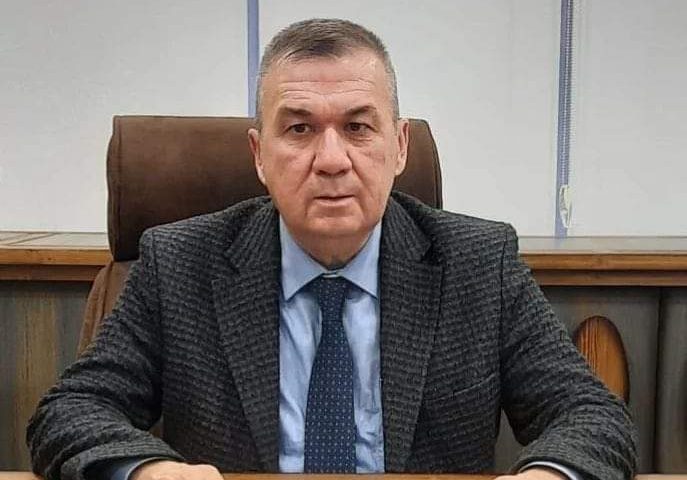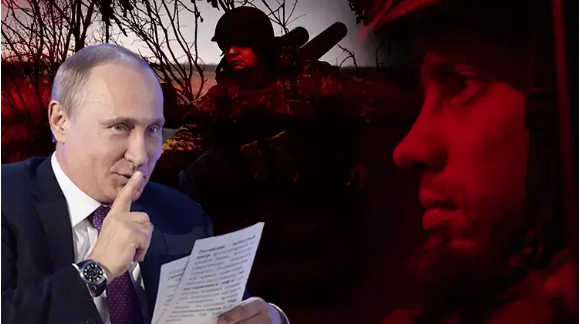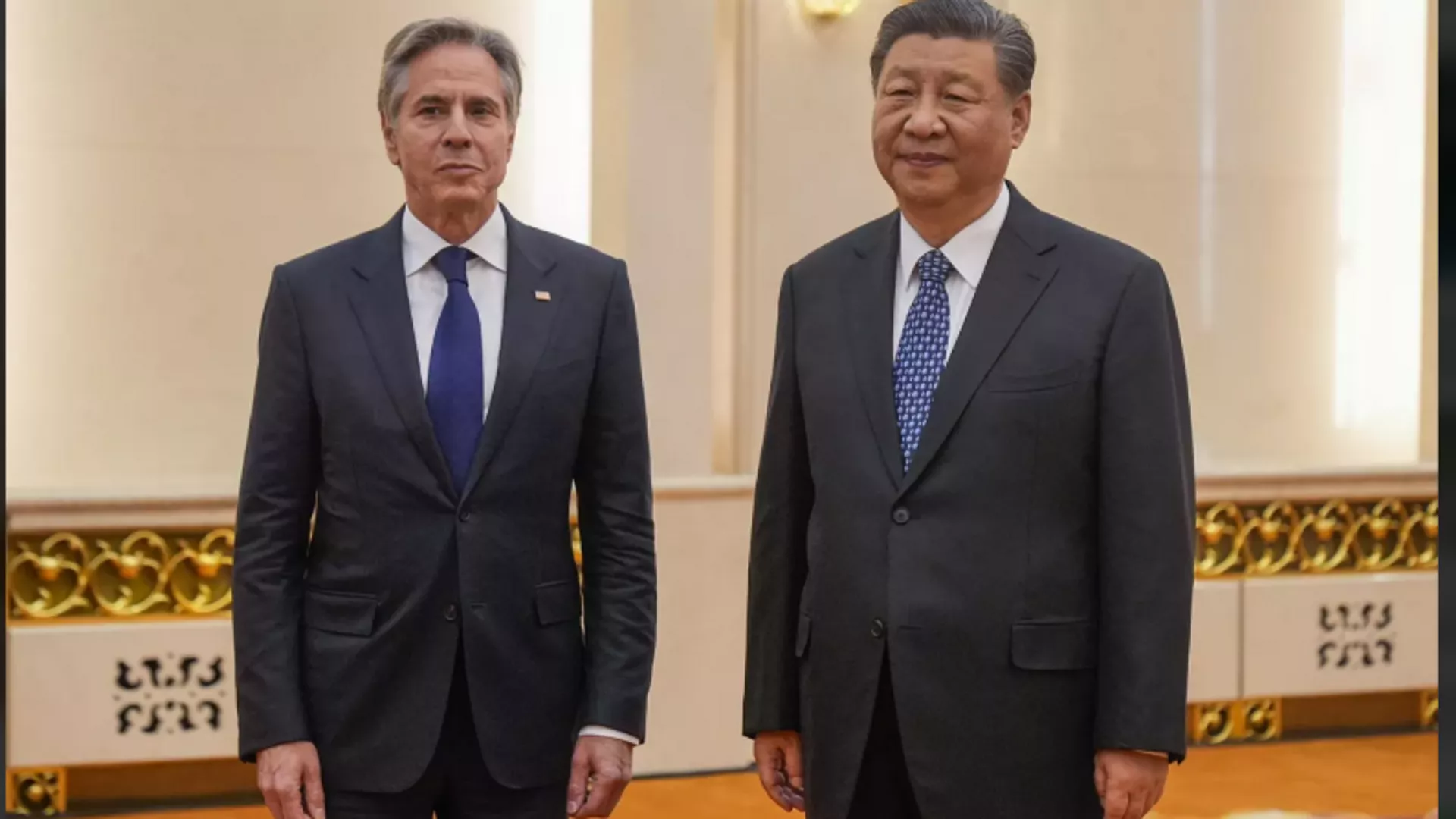Tensions have recently risen in the Caucasus and Central Asia, where Russia’s influence has been weakened by the military challenges it faces in Ukraine.
“Russia’s entire region is crumbling and it is clear that it cannot control it,” said a European diplomatic source who requested anonymity.
“Russian influence in the border regions is weakening,” said Ben Dubow, a researcher at the CEPA Center for American Studies.
Moscow has strong interests on both sides of the Caspian Sea, between China to the east and Turkey to the west, as well as in the regions south of Russia where major players are located.
- “Unemployment benefit” fraud paid during the pandemic in the US reached $45.6 billion
- Being and Nothingness
- Johnny Depp’s new girlfriend is lawyer Joelle Rich!
At the recent summit of the Shanghai Cooperation Organization (SCO) in Samarkand, Uzbekistan, Russian President Vladimir Putin found himself under pressure from China and India as he expressed concerns or doubts about the war in Ukraine. Some countries in Central Asia, however, allowed demonstrations in support of Ukraine.

SETA Security Researcher Dr. Murat Aslan says that before the war, “the idea that Russia cannot be defeated was very well entrenched” in these regions. “If Russia loses, everything will change. Small-scale conflicts are expected, with a gradual reduction of Russian influence. If it wins militarily, it will benefit from a huge moral boost to show that it is capable of imposing its point of view.”
Two unresolved conflicts have erupted in the former Soviet republics in recent weeks, the first between Armenia and Azerbaijan and the second between Kyrgyzstan and Tajikistan, resulting in hundreds of deaths.
Isabella Damiani, a geographer specializing in Central Asia at the University of Versailles in France, believes that almost half of the borders between Tajikistan and Kyrgyzstan have yet to be drawn and that this is the main problem.
“The tensions between these two countries are not necessarily related to Russia’s situation in Ukraine,” said Michael Levystone, a Russia and Central Asia expert at the French Institute for International Relations (IFRI). “But there is a clearer connection with the situation between Azerbaijan and Armenia,” said Michael Levystone, a Russia and Central Asia expert at the Institute for International Relations (IFRI), adding that protests in Armenia against the Collective Security Treaty Organization (CSTO), the regional security body set up by Moscow, should be monitored.

There are voices in Armenia, some of them among the authorities, condemning the ineffectiveness of the CSTO, a tool in Moscow’s hands in which Central Asian countries, including Kyrgyzstan and Tajikistan, participate.
Similar to NATO, the CSTO allows a member state to enlist the support of other members in the event of aggression.
“The organization’s weak response to Azerbaijani aggression is fueling protests among Armenians who want to leave,” Moldovan researcher Denis Senusa said in a tweet.
In this context, Turkey has been competing with Russia in these areas for centuries, similar to China, which leads the SCO and promotes ‘new silk roads’ in the region.
Levystone pointed out that Ankara later established the Turkic Council, the Organization of Turkic Speaking States, which gradually expanded to include all Turkic-speaking countries in Central Asia and Azerbaijan. “Since the start of the war in Ukraine, Turkey has established military companies in all Central Asian countries, including Tajikistan, which does not speak Turkish. This raises the question of whether it will actually turn into an organization of Turkic-speaking countries.”
“If Russia fails in Ukraine, this organization will become more active,” Aslan said.

